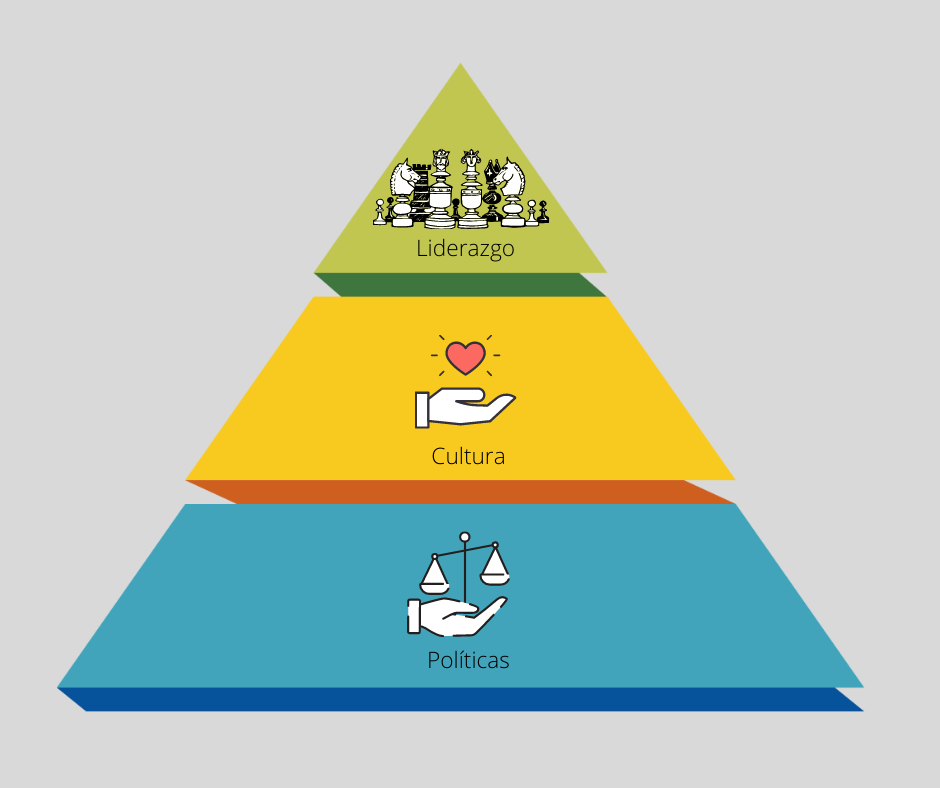There are many organisational barriers that hinder a full work-family balance among employees. Past articles have tried to focus on some of these barriers, such as the lack of legitimacy when using policies, managers’ perception of work-life balance or the prevailing organisational culture itself. There are small but major measures and initiatives in order to reverse the situation, such as opening discussion groups, training managers in the area of work-life balance, congratulating users of flexibility policies, inviting managers to be role models, or communicating honestly the policies offered by the organisation.
However, it’s easy that these good initiatives don’t survive long if they are not well articulated, if only part of the organisation believes in them, or if there’s not a real new paradigm shift happening. The situation we are currently experiencing, with the health crisis caused by Covid-19, may be a good opportunity to change the existing paradigm. The International Center for Work and Family at IESE Business School has been developing a concept for years that could be useful in bringing about this change: Corporate Family Responsibility (CFR).
How do we define Corporate Family Responsibility?
In the same way that Corporate Social Responsibility (CSR) is defined as the commitment of an organisation to meet the needs of its stakeholder groups through voluntary involvement that goes beyond the constraints of regulations, “Corporate Family Responsibility (CFR) is defined as the commitment of an organisation to promote leadership, culture and balance policies that facilitate the integration of the work, family and personal life of its employees”. According to the authors, CFR, as a fundamental part of CSR, should contribute to building a people-centric society, where women and men enjoy equal opportunities and can contribute to creating value and making a fairer, more sustainable and healthier society possible.
It is essential, as they point out, that CSR is born as a new commitment, and not only for the sake of image and reputation. To implement RFC in organisations, the IESE team proposes to focus on three basic pillars: policies, leadership and culture. Let’s address them one by one.
The core of Corporate Family Responsibility
Policies within the RFC framework are formalised practices within an organisation that fully support the integration of work, family and personal life of its people. We often think of policies as those proposals that offer flexibility in time and space, such as teleworking, flexitime, or continuous shifts. But we must not forget other policies and measures such as proposing a childcare cheque or even workplace childcare, facilitating paternity or maternity leave beyond current regulations, or offering seminars, workshops or advice on balancing work and family.
